China warns of retaliation if Taiwan president meets US speaker
China has voiced its strong opposition to Taiwanese President Tsai Ing-wen's planned transit through the United States, warning that it will retaliate if she meets with US House Speaker Kevin McCarthy.
Zhu Fenglian, a spokeswoman for the Beijing-based Taiwan Affairs Office of State Council, made the remarks on Wednesday, following reports that Tsai is reportedly scheduled to meet with the hawkish Republican during her trip to the US next month.
Fenglian went on to say that Tsai's "transits" through the United States were not just her waiting at the airport or hotel, but would entail her meeting with US officials and lawmakers, denouncing any such move as a "provocation."
"If she has contact with US House Speaker McCarthy, it will be another provocation that seriously violates the 'one China' principle, harms China's sovereignty and territorial integrity, and destroys peace and stability in the Taiwan Strait," Zhu said.
"We firmly oppose this and will definitely take measures to resolutely fight back," she added, without providing further details.
Tsai is due to depart on Wednesday for a 10-day trip to Guatemala and Belize with two stopovers planned in the United States. While not officially confirmed, she is expected to meet McCarthy while in California, at the end of her trip.
The Financial Times first reported McCarthy's plans to see Tsai in his home state of California instead of Taipei in early March, citing caution from the self-ruled island to avoid China's ire. The report added that the meeting was likely to take place in April.
The Taiwanese president is also expected to give a speech in New York hosted by the Hudson Institute, a conservative US think tank, on March 30 en route to Latin America and then again at the Ronald Reagan Presidential Library in California on her return to Asia in April.
Taiwanese presidents, including Tsai, have a record of traveling through the US en route to other countries, usually for a day or two, though the White House has generally avoided meeting senior Taiwanese officials in Washington.
Beijing has repeatedly stressed that it is opposed to any form of official exchange between Washington and Taipei.
The latest development comes as Taipei has lost recognition from Honduras, leaving it with just 13 diplomatic allies.
China has sovereignty over Taiwan, and under the "one China" policy, almost all countries, including the US, recognize that sovereignty, meaning they would not establish direct diplomatic contact with the self-proclaimed government in Taiwan.
But in violation of its own stated policy and in an attempt to antagonize Beijing, Washington has courted the secessionist government in Taipei, supporting its anti-China stance, and supplying it with a large shipments of weaponry.
Tensions over the self-ruled island intensified following a provocative visit in August by the US House of Representatives speaker, Nancy Pelosi – which prompted large-scale Chinese military drills around the island territory – as well as a declaration by US President Joe Biden to defend Taiwan.
China has often emphasized that the issue of Chinese Taipei is a red line that must not be crossed.
Know their names: Palestinian athletes, scouts, coaches killed by Israel in Gaza
'It was not a strike': Iran FM dismisses Israeli weapons as 'children toys'
The struggles of Occupied Palestine
Saadi Day: Ayatollah Khamenei exalts great Persian poet
Iran’s Civil Defense examines country’s preparation for potential threats
FBI chief: Chinese hackers targeting critical US infrastructure
New York Times leaked memo on Gaza coverage reveals obfuscation of facts
VIDEO | Press TV's news headlines


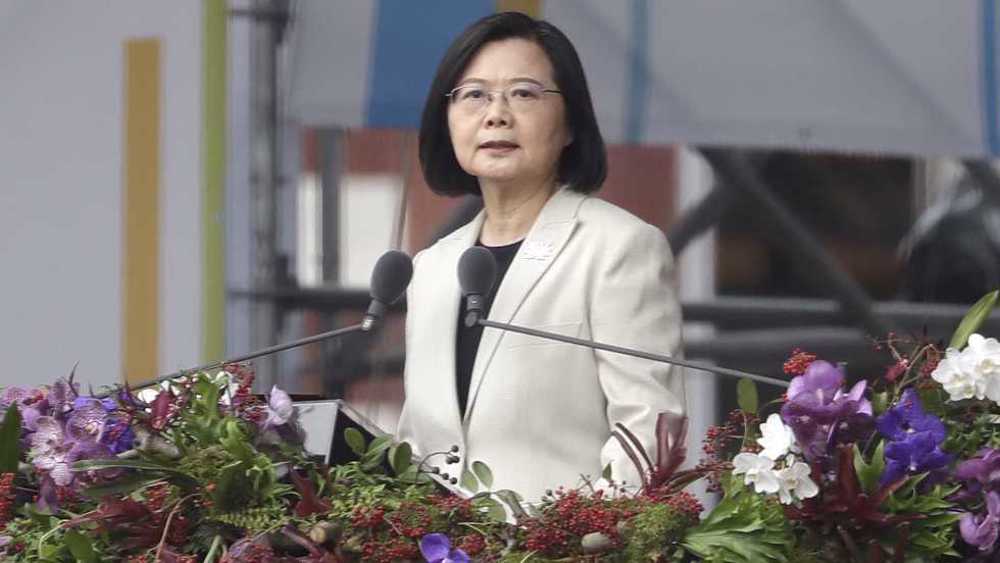
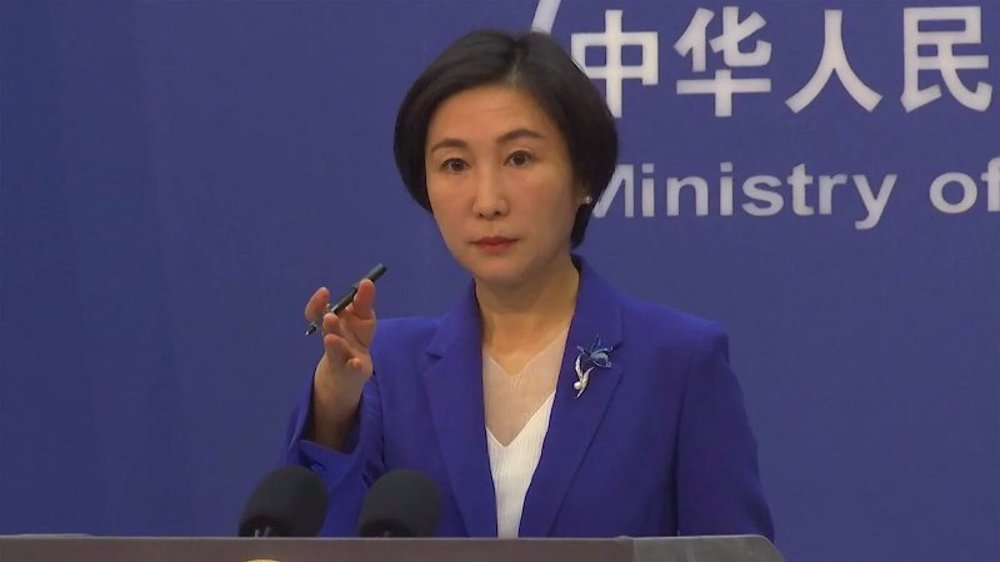
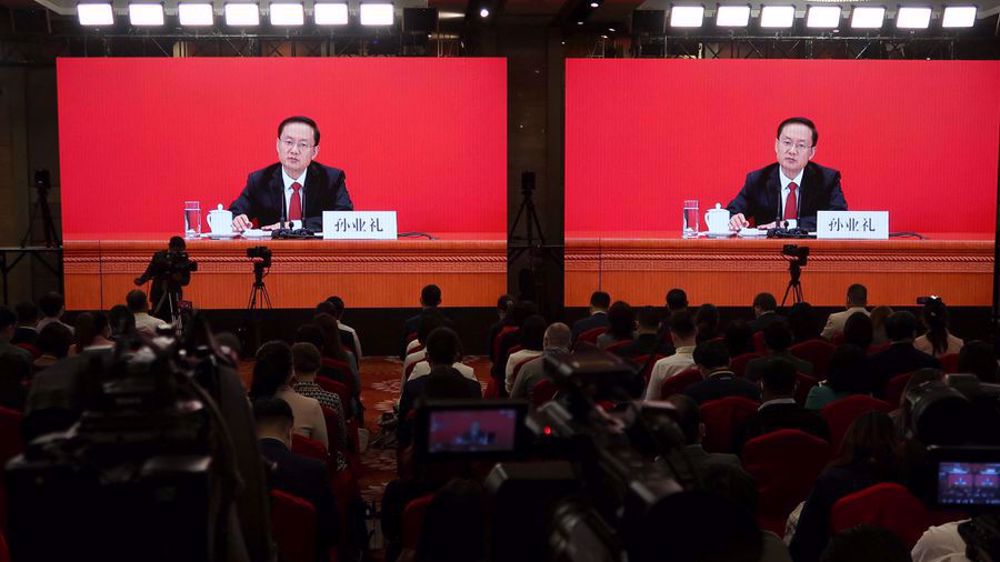
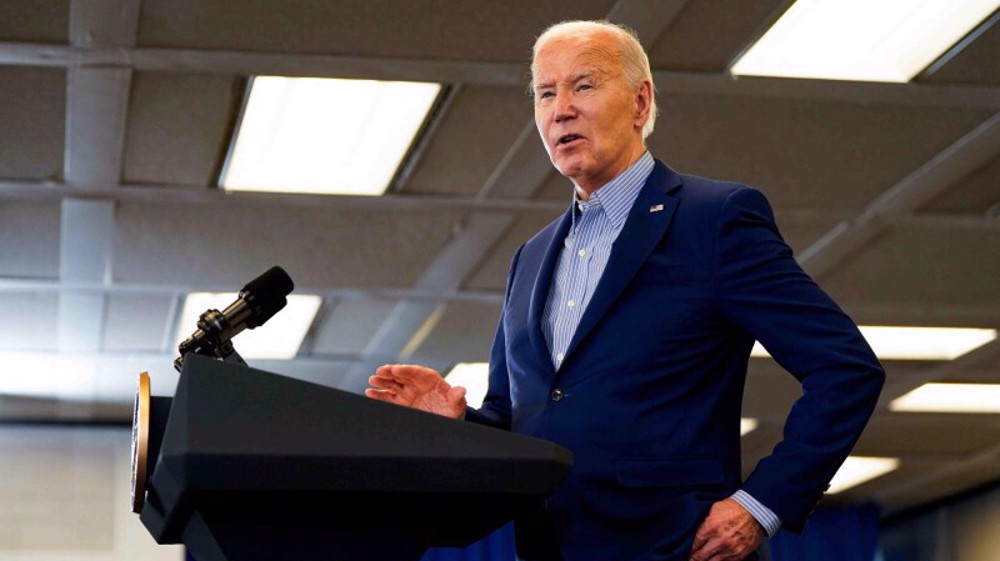
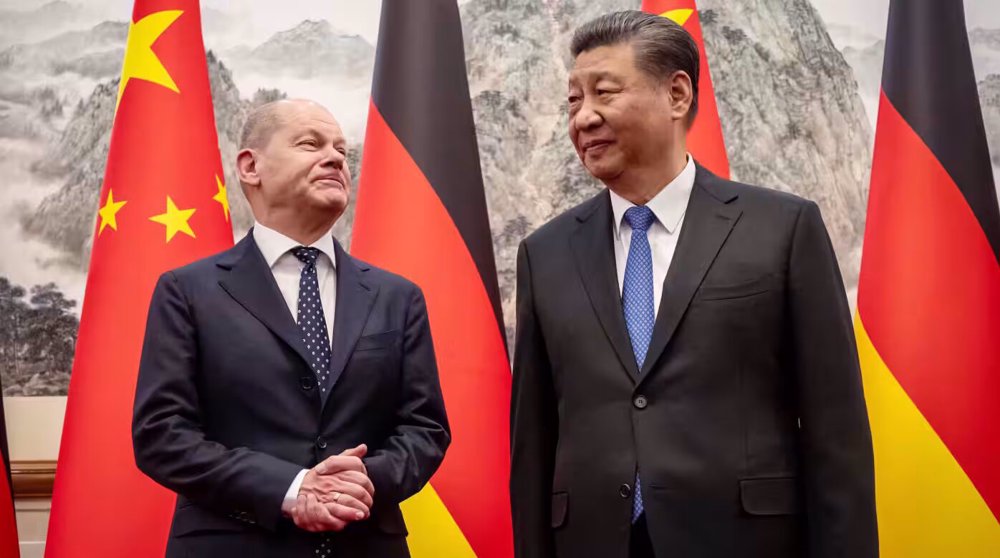
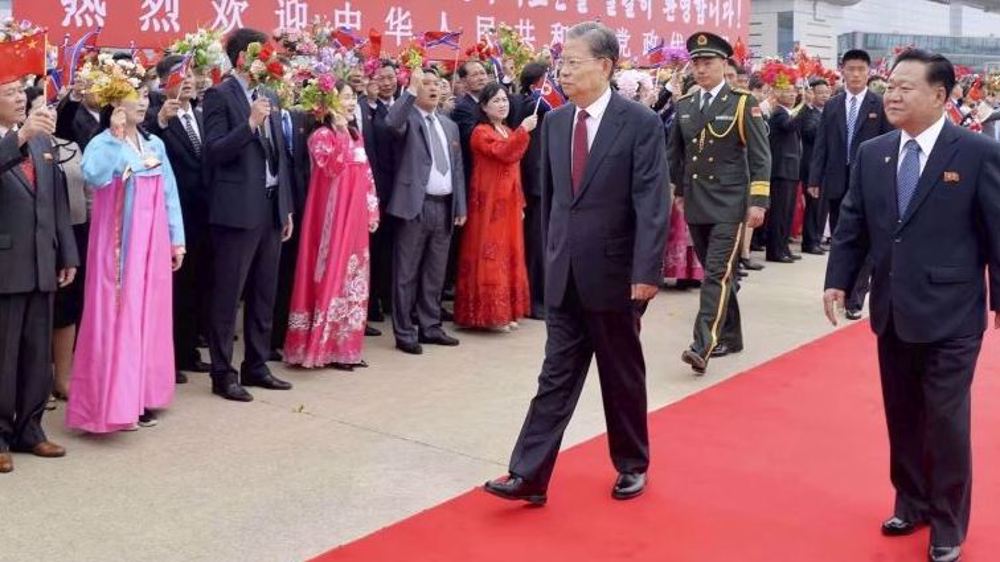



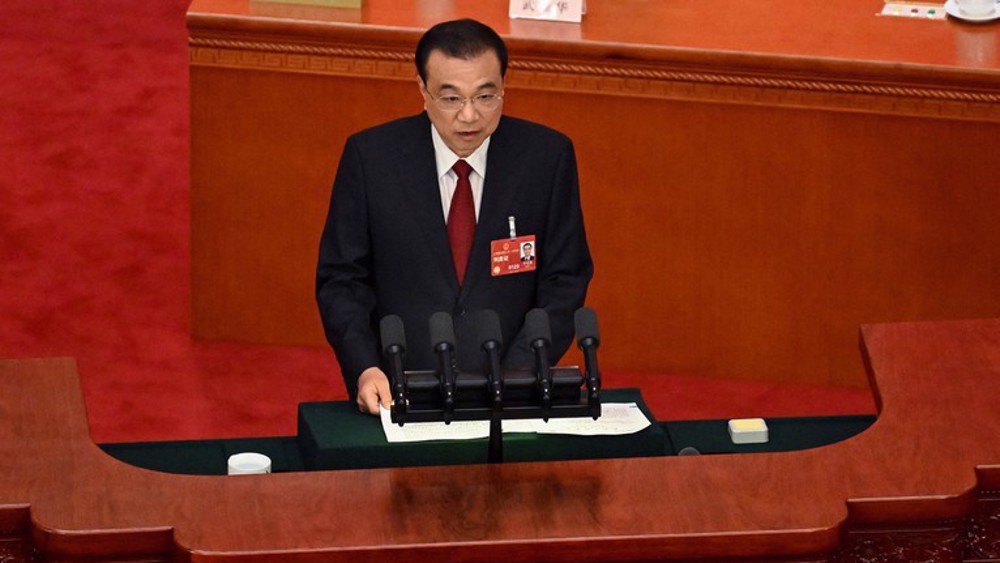
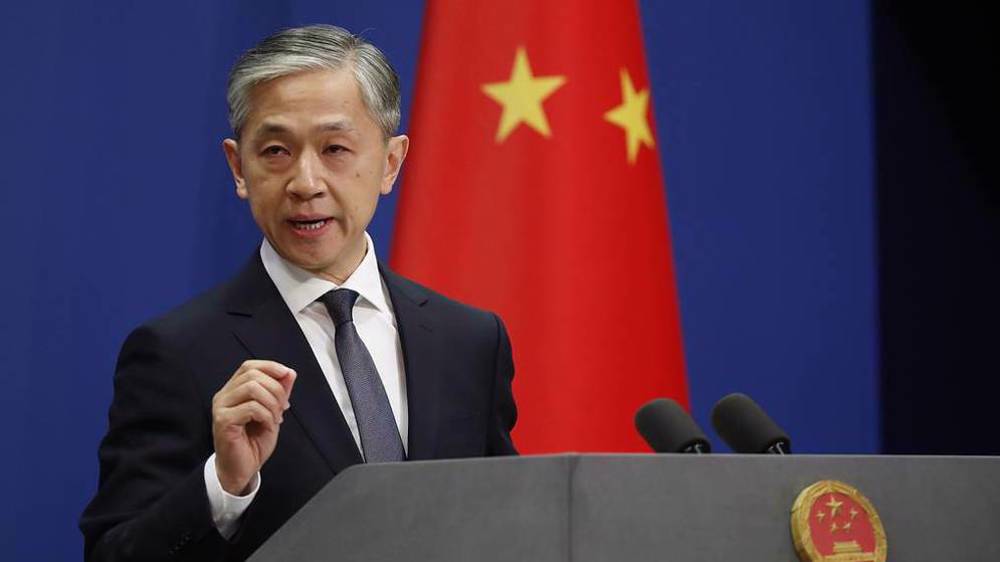
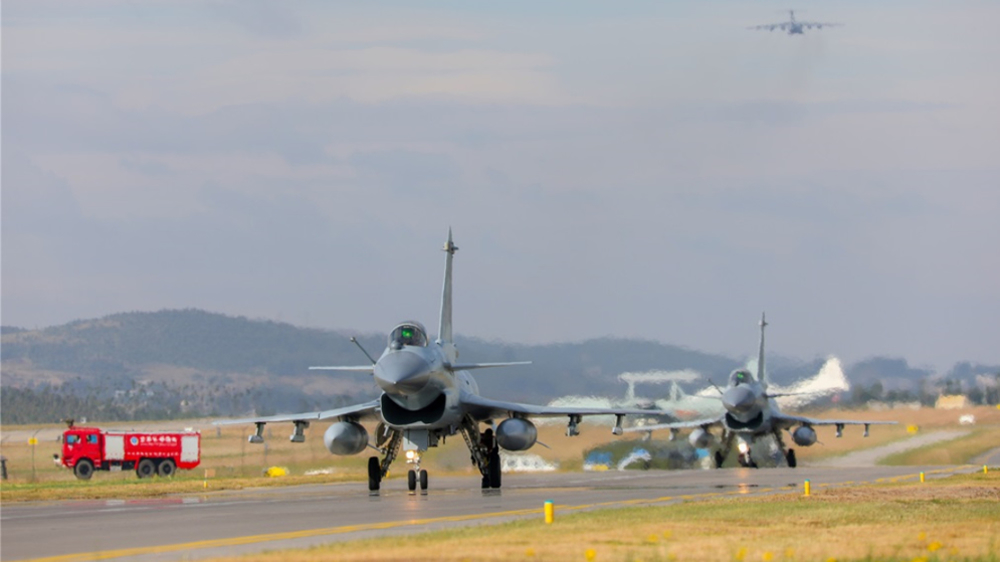

 This makes it easy to access the Press TV website
This makes it easy to access the Press TV website